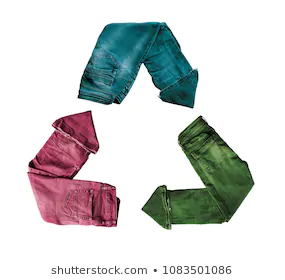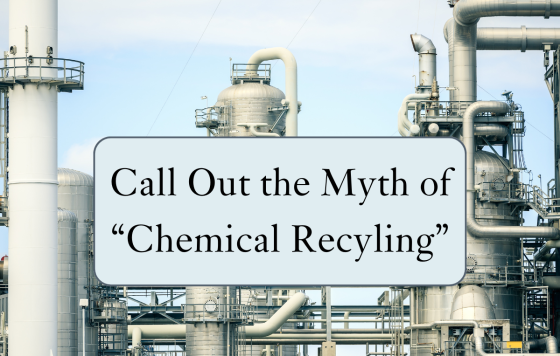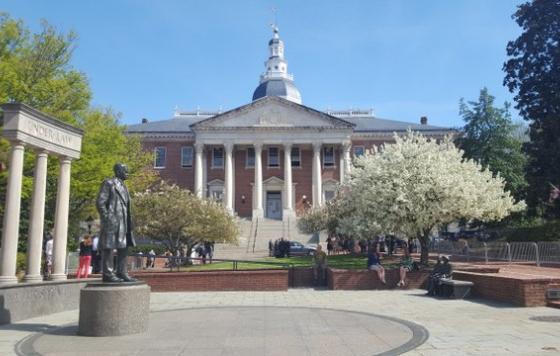
SB 304: Maryland Recycling Act - Recyclable Material and Resource Recovery Facilities - Alterations
Senate Education, Health, and Environmental Affairs
January 21, 2021
Positon: Favorable
Dear Chairman Pinsky and Members of the Committee,
Due to a quirk in Maryland’s recycling law, the state’s two trash incinerators have been artificially inflating recycling rates in Baltimore City and Montgomery County, and Clean Water Action supports SB304 to make it clear that burning trash and using ash is not recycling.
The point of recycling is to convert waste materials into new materials that can be used. The preferred type of recycling is to break the material back into its component parts so it can be reused, like paper, glass, or metal. Burning trash is not recycling, and using its ash for other purposes is not recycling.
Right now, under Maryland’s state recycling law, Baltimore City gets to count a 5% credit for using a trash incinerator (the law only gives that credit to incinerators built before 1988, so Montgomery County does not receive this credit). This credit makes no sense, burning trash is not recycling. This quirk of the law has created a situation where businesses are paying for materials (like plastic bags) to be recycled, but their materials are burned instead of recycled. Businesses are paying for recycling, and are receiving burning.
After trash is burned, we are left behind with ash that is then, generally, landfilled. After burning, pollutants like mercury, dioxin, and lead are concentrated in the ash that is left behind. When this ash is deposited into a landfill, its safety is determined by the strength of the landfill lining. Unlike a solid material, ash is far more able to be transported in water. While incinerator ash is not currently treated like a hazardous material in most states, we should scrutinize how the state credits this toxic byproduct as meeting our green, recycling goals.
On the other side of the ledger, reusing this ash for things like roads can currently be counted as recycling. It is plausible that binding incinerator ash into concrete for road base decreases the risk that the ash poses to groundwater. In which case, using incinerator ash as a filler for concrete is less about recycling and more about binding a toxic material. Incinerator ash used this way is not recycling, but is instead a behavior to reduce its toxic impact on our water systems.
Burning trash and figuring out how to most cheaply and safely dispose of the ash is not meeting our recycling goals. Clean Water Action supports SB304 to clarify that this is not recycling and should not be credited under Maryland’s recycling goals.



